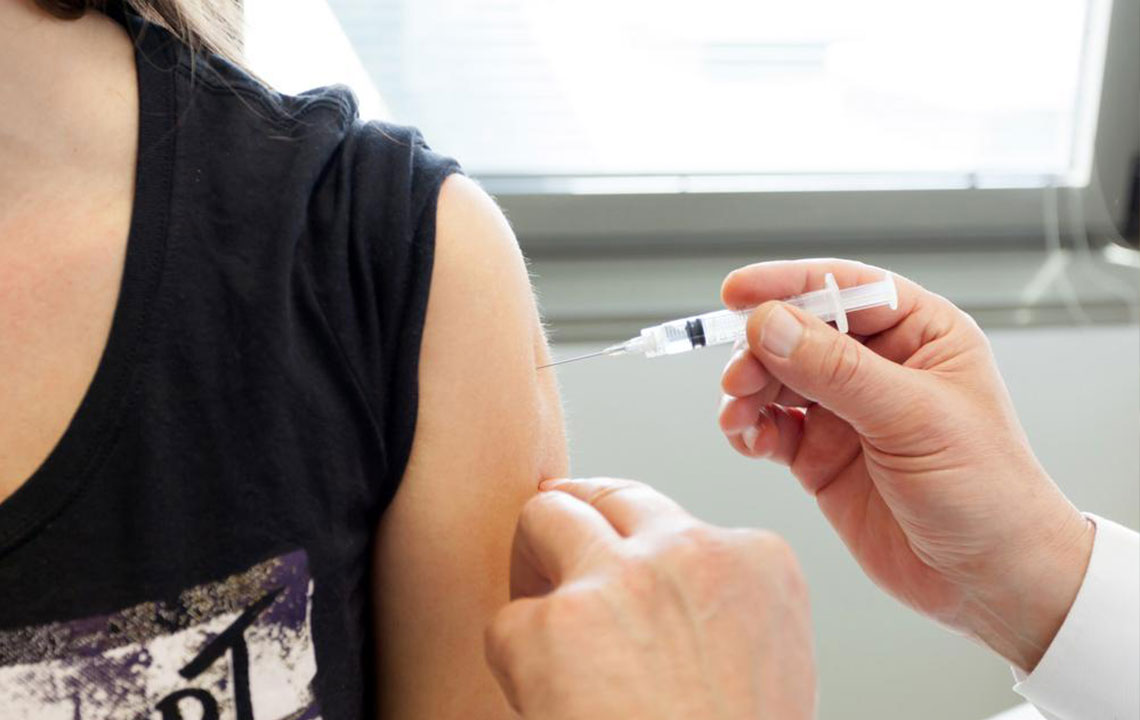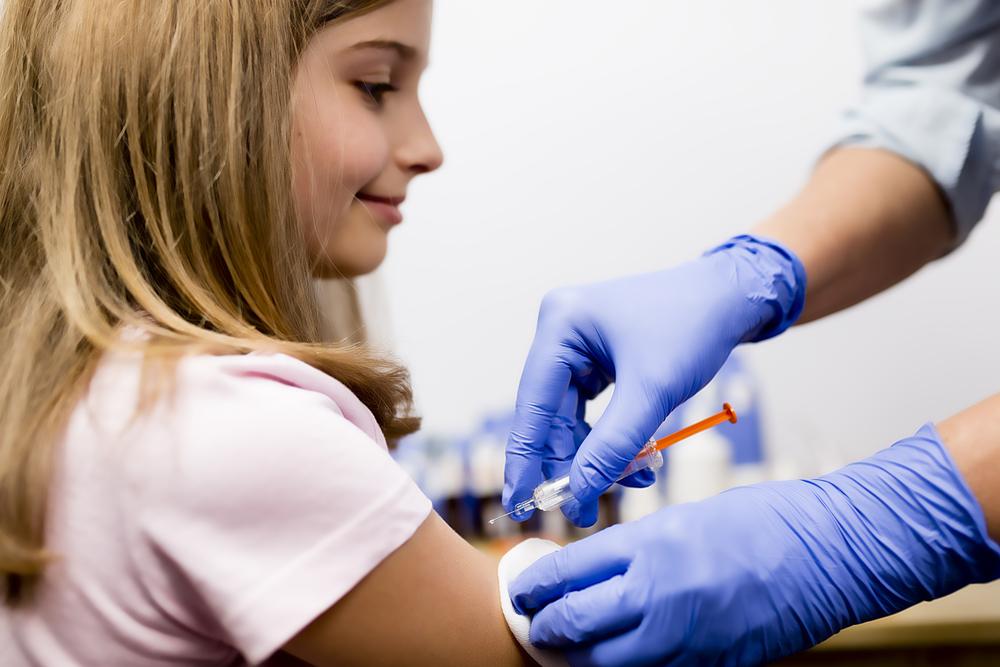Everything You Should Know About Hepatitis A
Hepatitis A is a contagious liver disease caused by contaminated food or water. It spreads through poor hygiene, risky food handling, and contaminated water sources. Symptoms include jaundice, diarrhea, and fever. Prevention through vaccination, proper hygiene, and careful food choices is crucial. Seek medical help if symptoms emerge to avoid complications. This guide offers essential information on how to prevent and manage hepatitis A effectively.
Sponsored

Hepatitis is characterized by inflammation of the liver, with viral infections being the primary cause. While some hepatitis types cause short-term symptoms that resolve on their own, others like chronic hepatitis C can be fatal and lead to severe liver damage, often resulting in liver transplants. There are five primary types of viral hepatitis—A, B, C, D, and E—that spread through different routes. Besides viruses, autoimmune conditions and toxic exposures can also cause hepatitis.
Here's an overview of Hepatitis A.
What is Hepatitis A?
Hepatitis A is a highly contagious illness caused by consuming contaminated food or water. Common sources include unwashed produce, infected food handlers, or raw shellfish from polluted waters. The virus transmits through water or food contaminated with tiny amounts of infected stool, and can also spread via certain sexual activities. Symptoms include diarrhea, fever, nausea, and jaundice, which can persist for months. Prevention through good hygiene and sanitation is vital.
Preventive Measures
Avoid consuming food from unclean establishments. If you suspect food is contaminated, refrain from eating it. You cannot contract hepatitis A from using public toilets. Steer clear of water sources potentially contaminated with fecal matter. Always wash hands thoroughly with soap after restroom visits and diaper changes. Hepatitis A is highly preventable with proper hygiene practices and vaccination. If symptoms appear, see a healthcare provider promptly. Millions worldwide are affected, but vaccination offers effective protection against this disease.
Prompt medical attention and proper vaccination are key to preventing complications associated with Hepatitis A. Protect yourself by practicing safe hygiene habits and getting vaccinated.






